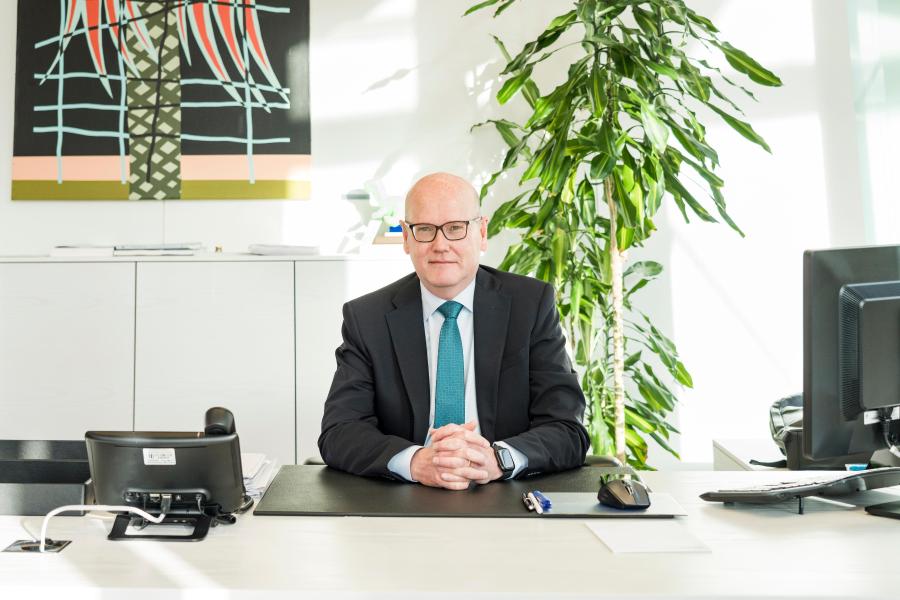Thomas Östros, Vice-President of the European Investment Bank, spoke at the EUSEW UNIDO High-Level Policy Session on International cooperation for energy resilient and decarbonised industries
Check against delivery

Ladies and gentlemen,
We are in an unprecedented situation of extreme energy prices, and turmoil in commodity and food markets.
At the same time, we must not lose sight of the number one, long-term challenge of this century – climate change. We need to stay the course on decarbonisation.
Accelerating the green transition globally is one of the main priorities of the European Investment Bank. With our goal to support €1 trillion in green investments by 2030, the EIB Group can make a crucial contribution not only to the decarbonisation of our economies, but also to strengthening energy security and making Europe less dependent on fossil fuels.
The EIB has spearheaded this collective effort.
We supported offshore wind energy when the sector was still at its infancy. Today, we do the same with floating offshore wind, battery storage, and green hydrogen.
We first introduced green bonds to global capital markets 15 years ago; and then we stopped financing unabated fossil fuels all together.
More is needed now.
As the window of opportunity to avert the worst of climate change is closing fast, financing the transition to net zero has become the biggest challenge we are facing.
Substantial additional financial resources are crucial to support innovative technologies, such as green hydrogen, in sectors where no viable low-carbon alternatives exist at scale today, like heavy industry.
Public backing is key for these technologies to reach critical scale where complete and competitive markets become self-sustaining. We are prepared to do our part, with innovative financing tools crowding in private finance as well as technical assistance and advisory services for our clients.
Progress so far in some areas, like improving energy efficiency, has been impressive. More can be done in others, like recycling and re-using to conserve the use of critical raw materials.
Another key point is that our response must be a global one; because emissions - and the effects of climate change - don’t stop at national borders.
That’s why we launched a dedicated development branch earlier this year. EIB Global brings all the resources of the European Investment Bank to bear on its operations outside the European Union with a structure designed to foster strong, focused partnerships with partners across the world.
Access to clean, affordable energy is a global cause and EIB Global was created to help achieve this objective.
Ladies and Gentlemen,
Let me conclude.
The EIB will use its resources, like EIB Global, to finance clean investment everywhere, especially in less developed countries that need more support.
Europe has responded over the years to many crises, using existing tools and inventing new ones. We have the capacity to react also to the current energy crisis by adapting our toolkit.
The good news is that we are not starting from scratch when it comes to renewables and energy efficiency. The energy transition can be organised and accelerated. The EIB is committed more than ever to play its part.
Thank you and I wish you a fruitful discussion.